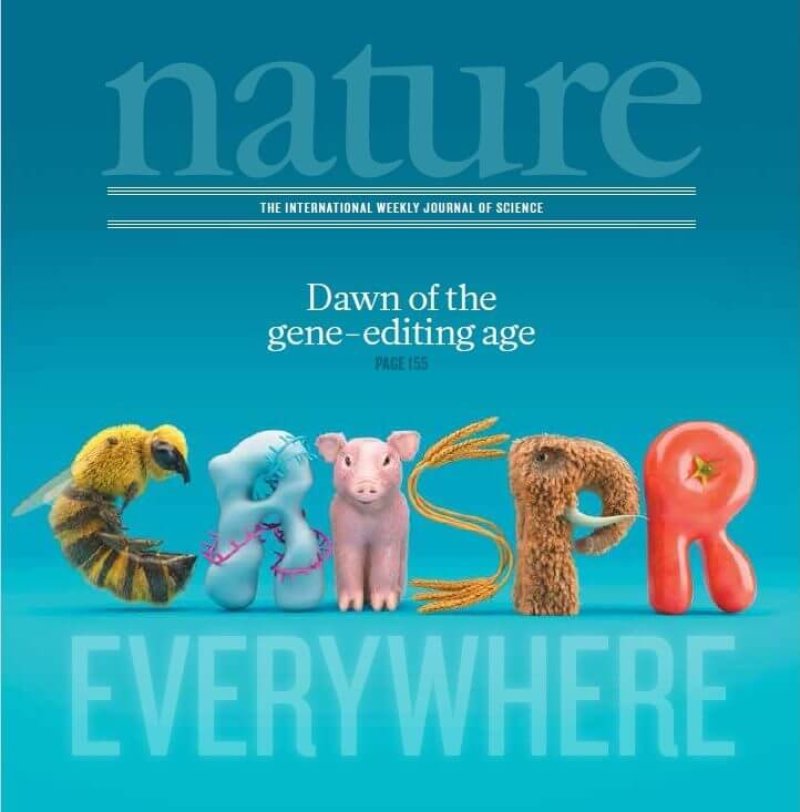[Editor’s note: The paper in question detailed the use of CRISPR to correct, in human embryos, a gene that causes a potentially fatal heart condition.]
Nature has added an “editor’s note” to a high-profile August paper alerting readers to the fact that the article has been subject to criticism. Journals often flag papers that are being debated — what’s unusual here is that the journal doesn’t label the notice as an official “Expression of Concern,” which are indexed by PubMed. Yet the Nature notice reads just like an expression of concern.
Here’s the text of the new notice, which was added October 2 (and spotted by Paul Knoepfler):
Editorial Note: Readers are alerted that some of the conclusions of this paper are subject to critiques that are being considered by editors. Some of these critiques have been publicly deposited in preprint form. A further editorial response will follow the resolution of these issues.
…
[Shoukhrat Mitalipov, at the Oregon Health and Science University in Portland] is credited with being the first U.S.-based researcher to successfully clone human embryonic stem cells. In 2013, a paper co-authored by Mitalipov in Cell was subjected to extensive corrections.…
This isn’t the first time we’ve scratched our heads over notices the use (or lack thereof) of Expressions of Concern. Recently, a researcher added the phrase “Expression of Concern” to his letter to the editor about a particular paper, leading it to become indexed as an official Expression of Concern on PubMed.
The GLP aggregated and excerpted this blog/article to reflect the diversity of news, opinion, and analysis. Read full, original post: Nature adds alert to heavily debated paper about gene editing































